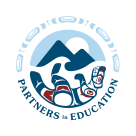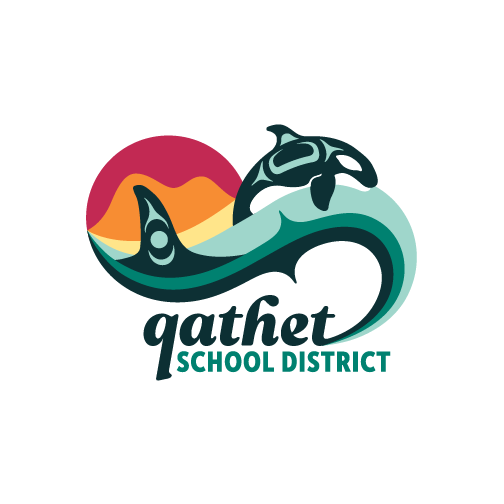LEARNING RESOURCES
Computers
- can be leased from PIE upon request, for students requiring a computer to complete their school work and/or for families requiring a computer to communicate with their PIE teacher
- yearly payments can be made from learning resource funds
- computers need to be returned when leaving the program unless the computer is three or more years old, in which case ownership can be transferred to the student/family if the balance of the lease has been paid
Core Program Resources and Instructional Materials
Online courses are provided for most required areas of study in Grades 4-12. Alternatives to the online courses can be discussed with the teacher and are often approved for the Grade 4-9 courses. Because credit for the completion of Grade 10-12 courses is part of the graduation programs, the ablility to use alternative materials is more limited and not possible for the Grade 10-12 math and science courses.
Learning Resource Funds
In order to support students’ online learning experience, the Ministry of Education and Child Care allows online schools to make available up to $600 (for full-time students) in learning resource funds for services/materials that would be readily available to students in an in-person school. A pro-rated amount is available for part-time students. In some programs, part or all of this funding is used to provide the resources used in the classroom.
Examples of Commonly Approved Resources
- Core curricular resources to support academic learning standards
- Music lessons (voice or instrument)
- Dance lessons
- Athletic activities, lessons, or clubs
- Memberships in fitness centres or interest clubs
- Woodworking or other applied design skills and technology classes
- Visual Arts lessons
- Magazine subscriptions that support specific learning outcomes (subscriptions should be requested at the beginning of the year and not go beyond the current school year).
- Many of the monthly kit subscription for technology, art and a variety of other elements are likely to be approved if supporting the required areas of study for that school year.
Funding Request Protocol (Third Party Funding)
OL schools cannot make payments, nor reimbursements, directly to learners or their parents/caregivers (other than partial internet reimbursement) and resource funds cannot be used for purchasing any materials or services with religious content.
- Funding requests are discussed with the students’ teachers during the development of the Student Learning Plan (SLP)
- Requests for funding are forwarded to the child’s teacher (admin approval required for resources/materials not previously approved)
- The requests are forwarded to clerical staff for administrative approval
- Request is confirmed or denied and parent is informed
- Confirmed requests are then ordered by clerical staff directing orders to the student's address
- Parent then informs clerical staff when materials arrive
Supplementary Funding for Students with Disabilities or Diverse Abilities
Supplemental funding for students with disabilities or diverse abilities generally follows the same protocols and processes as those used for learning resource funds but funding is not subject to the $600 ceiling and requests need to be sent to the student's learning support teacher (LST). Also, the services/materials need to be directly related to helping the student meet the goals and objectives outlined in their inclusive education plan (IEP).

